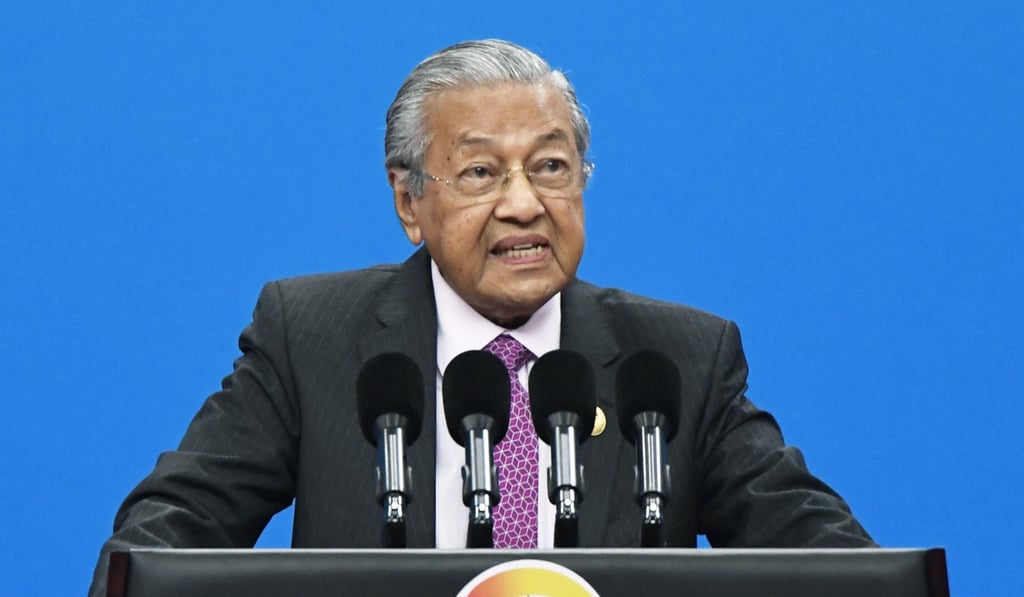Advertisement
Asian Angle | Mahathir is not bowing to China on Huawei. He’s standing up to US bully: Malaysian minister Syed Saddiq
- The land of the free has its own track record for espionage – just ask Facebook, Cambridge Analytica or the National Security Agency
- The days of developing countries pandering to Western powers are ebbing away and Malaysia is at the vanguard
Reading Time:5 minutes
Why you can trust SCMP

Malaysia’s leader Mahathir Mohamad might be in his 90s but he does not pull his punches – even when global superpowers are in the ring.
That much was clear at the 25th International Conference on the Future of Asia hosted by Nikkei, when the prime minister criticised the trade dispute between the US and China, and warned it could lead to “greater destruction”.
The nonagenarian openly supported Huawei and called out the United States on its playground-style tactics in controlling the tech industry.
Advertisement
There is no grander occasion for Malaysia to announce its backing of China than at the Foreign Correspondents Club in Tokyo.

Advertisement
Countries like Japan and Australia were hesitant to comment on Huawei at the Future of Asia conference, but Mahathir had no qualms in publicly showing support for the tech firm, and in the presence of Japan’s leader Shinzo Abe.
This is important because the conference was part of the Abe administration’s efforts to court Europe and the US to counter China’s growing influence. Mahathir was firm and principled in his response.
Advertisement
Select Voice
Select Speed
1.00x
